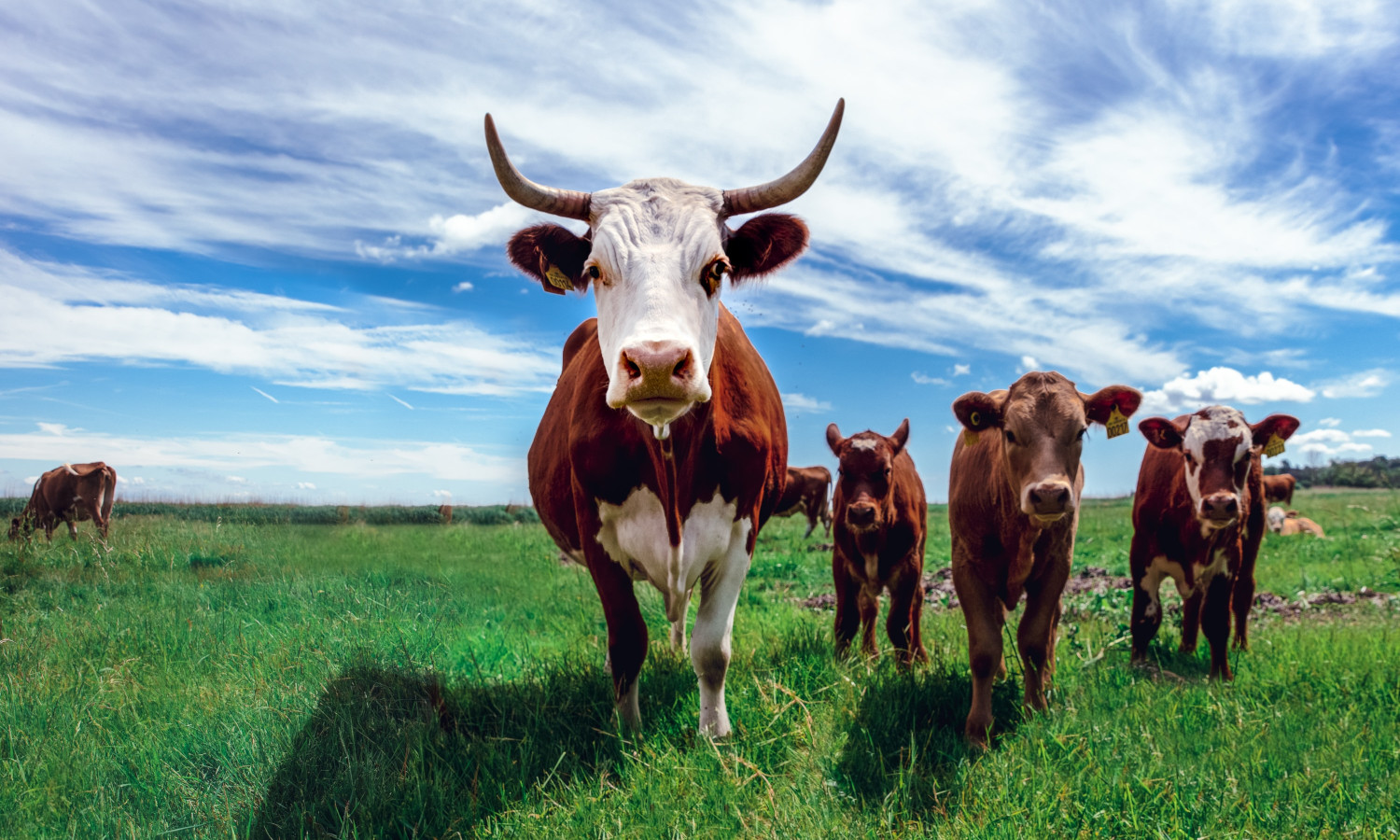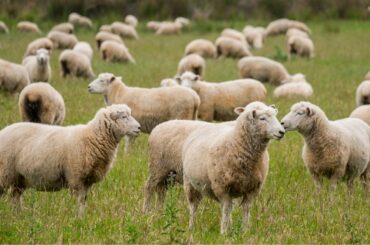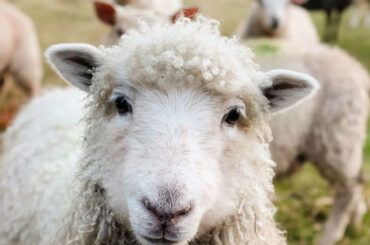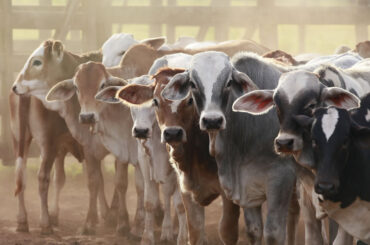What is IP13?
Initiative Petition 13 is a proposal set for the 2022 Oregon general election. For those just learning about IP13, this initiative aims to eliminate several exemptions from Oregon’s animal cruelty laws, addressing issues related to animal abuse, neglect, and sexual assault. Current statutes prohibit intentional harm or killing of animals (abuse), withholding care or injurious tethering (neglect), and sexual contact with an animal’s mouth, anus, or genitals (sexual assault). However, numerous exemptions leave many animals without legal protection.
By removing these exemptions, animals currently excluded from safeguards against abuse, neglect, and sexual assault would gain legal protection. This affects various industries involving animals, such as farms, research labs, exhibitions, and wildlife. Animals in these settings would no longer be subject to intentional harm or killing (abuse) or forced impregnation (sexual assault). Additionally, animals in transport or in these industries would no longer face deprivation of adequate food, water, and shelter (neglect). Veterinary practices and self-defense remain exempt from these statutes.
While IP13 doesn’t outright ban specific industries, it does criminalize certain common practices to prioritize animal welfare. The goal is not punitive but protective, ensuring animals’ needs are met while promoting alternative practices that avoid cruelty.
The Yes On IP13 campaign aims to assist everyone in meeting their needs. In a time with abundant resources, it’s possible to fulfill both the animals’ needs for freedom from unnecessary suffering and the citizens of Oregon’s needs to thrive.
The journey to 2022 may be challenging, but the animals need our support now more than ever. Join our campaign as a volunteer, offer your support through donations, and help end systemic animal cruelty.
How it Operates
Addressing Your Concerns
Given the broad impact of IP13, questions have arisen about how it would meet everyone’s needs. The campaign acknowledges the concerns and welcomes additional questions via email. Volunteers are ready to connect individuals with answers and resources.
If you have specific concerns about meeting needs, email us for assistance.
How would we address the food needs of Oregonians if IP13 passes?
Concerns about meeting the need for food have been raised. Rest assured, there are abundant resources to feed all Oregonians post-IP13. The state already produces surplus food, and IP13 may potentially increase agricultural production. As IP13 doesn’t ban specific industries, it’s up to industries and the government to adapt to changes while ensuring animal needs are met.
Would IP13 make hunting, fishing, and trapping illegal?
IP13 would remove exemptions for hunting, fishing, and trapping, criminalizing intentional harm to animals. While seeking and pursuing animals remain legally protected, killing them would no longer be allowed. The campaign aims to show alternative ways to meet needs like food, conservation, and recreation without causing unnecessary harm to animals.
Could a rancher still raise cattle?
Yes, IP13 doesn’t ban any industry outright. Ranchers can still raise and care for bovines but must avoid abuse, neglect, or sexual assault. Animals raised for meat would need to be processed after natural death, potentially increasing costs. Financial support programs exist for transitioning from animal farming to crop cultivation.
Does IP13 ban the sale of meat, leather, or fur?
IP13 doesn’t ban the sale or import of meat, leather, or fur. It solely focuses on protecting animals in Oregon from intentional harm, neglect, and sexual contact. After natural death, processing animals into meat, leather, or fur for use or consumption is allowed.
Would IP13 affect 4-H and FFA organizations?
Participation in 4-H programs isn’t banned by IP13, provided the programs align with the proposed changes in statute. The campaign aims to meet children’s needs for nurturing and skill development while fostering compassion towards animals.
How does IP13 impact Rodeos?
IP13 doesn’t ban Rodeos but targets intentional harm, neglect, and sexual contact of animals in these events. Rodeos can continue by adjusting practices to meet the proposed changes. Entertainment needs can be fulfilled while ensuring animal safety.
Would IP13 ban spaying, neutering, or castration?
IP13 doesn’t limit veterinary practices, and spaying, neutering, or castration for medical purposes remain legally protected.
Does this prevent assisting an animal in distress during labor?
Helping an animal in labor isn’t prohibited by IP13. Acts not driven by sexual gratification or forced impregnation are not considered criminal.
How will IP13 affect Oregon’s economy?
IP13’s impact on the economy depends on our response. The proposed changes focus on animal cruelty laws, leaving industries and the government to decide how to adapt. Oregon’s diverse industries can thrive without relying on intentional harm to animals.
How will IP13 impact Indigenous populations?
IP13 doesn’t affect tribal sovereignty, and laws on tribal lands may vary. The initiative doesn’t create exemptions based on race or ethnicity. The campaign is committed to meeting everyone’s needs in Oregon while safeguarding animals.
Are you receiving funding from out-of-state billionaires?
Financial records are reported to the secretary of state as required by law. The campaign has not received donations from any billionaires.
What does the italicized and bolded text in IP13 mean?
Text in italics would be removed, and bolded text added if IP13 passes. This provides clarity on the changes proposed in state statute.
Who is considered an “animal” under the law?
Under Oregon Revised Statute, an animal is defined as any nonhuman mammal, bird, reptile, amphibian, or fish. IP13 does not alter this legal definition.
